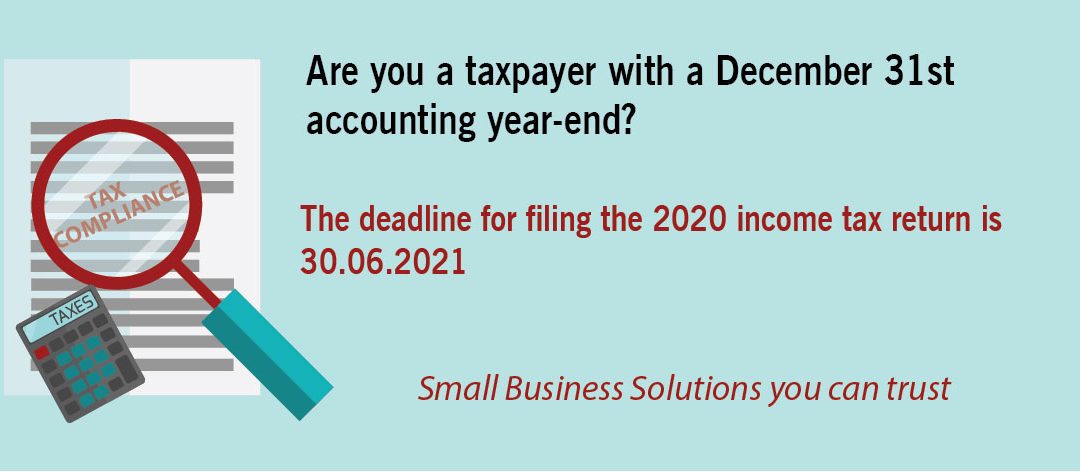Tax compliance is a very important aspect of any tax-payer, individual or business. We summarise below some of the benefits.
Avoid unnecessary non-compliance penalties
These penalties may be imposed for offences such as inaccurate tax returns or not filing these on time. In Kenya, for example, late filing of a company’s income tax return attracts a penalty of KShs 20,000. When penalties accumulate for many years, it may create a huge liability that a small business may not be able to settle, which often prompts small business owners to drop the use of the company leading to loss of a brand they have spent many years building.
Fulfil a potential investor or lender’s due diligence requirements
Investors and lenders conducting due diligence to assess the viability of providing financing to your business often conduct tax compliance checks to ensure that the business does not have tax liabilities that may potentially impair its financial standing. Many good businesses have lost financing opportunities for failure to meet tax compliance due diligence requirements.
Requirement to secure business opportunities
Customers are increasingly requiring entities wishing to conduct business with them to provide evidence of tax compliance. This is a requirement not only by private sector customers but also government and public institutions, which are the biggest spenders in the economy, offering massive opportunities for small businesses to be suppliers of goods and services. A company therefore risks missing out business-wise if it has not fulfilled its tax obligations.
For more information on tax obligations and compliance requirements for small businesses and individuals, please contact:
Ndanu Mwengi, Advisor
E-mail: nmwengi@findelassociates.co.ke

